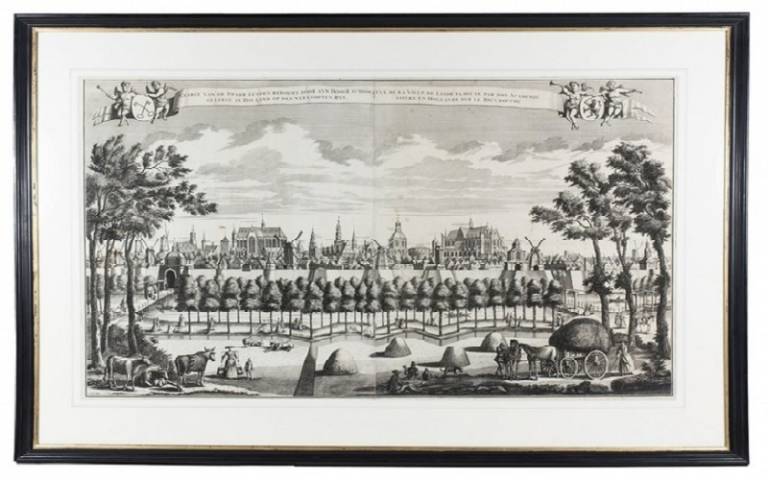Moral aesthetics in late Enlightenment Leiden: a case study in the circulation of knowledge
28 November 2017, 6:00 pm–8:00 pm

Event Information
Open to
- All
Organiser
-
UCL SSEES Research Student Seminar Series
Location
-
Room 433, UCL SSEES
Maria Floruțău will present her research, entitled 'Moral aesthetics in late Enlightenment Leiden: a case study in the circulation of knowledge between Britain and Transylvania' at this seminar organised by the Research Student Seminar Series.
The field of aesthetics today is concerned generally with the nature of art and taste. This is a consequence of an eighteenth century tradition stemming from the German Enlightenment, when the Aufklärung philosophers asked themselves what is beautiful, starting with Christian Wolff and Alexander Gottlieb Baumgarten in the middle of the eighteenth century.
However, the question of what is beautiful received a treatment before this. In the England, Scotland and Ireland, beauty equated with truth and was the answer to the question of what is moral. Writers such as the 3rd Earl of Shaftesbury, Francis Hutcheson and David Hume debated ways of perceiving beauty as a natural concept starting from the late seventeenth into the early eighteenth century until, in 1752, the French philosophe Denis Diderot attacked their position in an article in the Encyclopédie and Baumgarten published his Aesthetica, moving away from moral and ethical implications towards a philosophy of art.
Nevertheless, when the University of Leiden’s essay prize contest, Legatum Stolpianum, asked in 1772 what is the sense of moral and whether it is innate or acquired, the responses proved that the issue is not only still popular, but that rationalist intellectuals on the Continent were keen to negotiate a middle way their own rationalist education, protestant background and the empiricism of Shaftesbury and Hutcheson.
The paper intends to provide a view of the fundamentally elastic nature of the Enlightenment: temporally as ideas have a much longer shelf-life than historiography suggests; spatially as these ideas travel from Britain to Transylvania to the Netherlands to Finland; and conceptually.
Maria Floruțău is an AHRC CEELBAS-funded DPhil candidate at the University of Oxford, having begun her doctoral studies at UCL SSEES. Her research focuses on networks of knowledge in the Enlightenment and specifically on how knowledge circulated across the continent from east to west and vice-versa. Her case study is a Transylvanian philosopher, József Fogarasi Pap (1744-1784), and particularly his philosophical essays, submitted to academic competitions in Germany and the Netherlands.
 Close
Close

